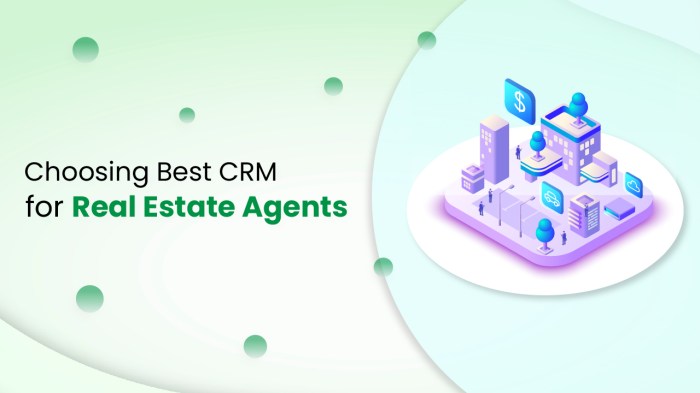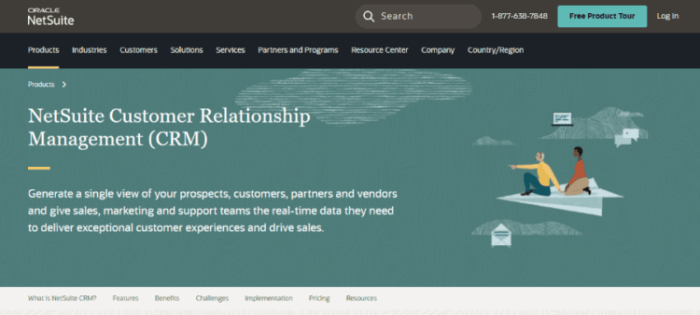CRM for wholesale real estate provides a powerful tool for streamlining operations and maximizing profitability in the fast-paced world of real estate wholesaling. This system helps you manage leads, track deals, and maintain meticulous records, ultimately fostering a more organized and efficient workflow.

Source: salestown.us
From lead generation to closing deals, a robust CRM system can be invaluable. It allows for detailed tracking of all aspects of a transaction, from initial contact to final closing, ensuring no detail is overlooked and no opportunity is missed. This can significantly impact profitability and growth within your wholesale real estate business.
Wholesale real estate, a dynamic and often fast-paced sector, demands efficient organization and streamlined communication. A robust CRM (Customer Relationship Management) system can be the game-changer you need to stay ahead of the curve. This comprehensive guide explores the critical role of CRM systems in wholesale real estate, providing actionable insights and strategies for maximizing their potential. We’ll delve into the specifics of choosing the right CRM, its implementation, and how to leverage it for increased profitability and a smoother workflow.
Understanding the Need for a CRM in Wholesale Real Estate
Wholesale real estate transactions often involve numerous parties, properties, and deals. Without a centralized system, crucial information can get lost in the shuffle, leading to missed opportunities and inefficiencies. A CRM acts as a central hub, storing and organizing data on potential clients, properties, deals in progress, and past transactions. This data-driven approach fosters better communication, improves decision-making, and ultimately drives revenue growth.
Real estate wholesale CRM software is essential for staying competitive and managing complex transactions efficiently.
Key Features of a Wholesale Real Estate CRM
- Contact Management: Storing and organizing details of investors, wholesalers, and potential buyers. This includes contact information, communication history, and deal preferences.
- Property Management: Listing and tracking properties, including details like location, price, condition, and relevant legal documentation.
- Deal Tracking: Managing the entire life cycle of a deal, from initial contact to closing. This includes tracking progress, deadlines, and communications.
- Reporting and Analytics: Generating reports on deal performance, identifying trends, and measuring ROI. This crucial feature allows for data-driven decision-making.
- Communication Tools: Facilitating seamless communication with clients via email, text messaging, and other channels. This feature is vital for prompt and effective follow-up.
- Workflow Automation: Automating tasks like sending emails, scheduling follow-ups, and generating reports. This feature saves significant time and resources.
Choosing the Right CRM for Your Wholesale Real Estate Business
The market offers a variety of CRM systems, each with its own set of features and pricing models. Consider these factors when evaluating options:
Factors to Consider When Choosing a CRM, Crm for wholesale real estate
- Scalability: Ensure the CRM can grow with your business as you expand your operations and the volume of transactions.
- Customization Options: A customizable CRM allows you to tailor the system to your specific workflow and business processes.
- Integration Capabilities: Look for CRMs that integrate with other tools you already use, like accounting software, email marketing platforms, and property portals.
- User-Friendliness: A user-friendly interface ensures your team can quickly learn and utilize the system effectively.
- Pricing and Support: Compare pricing models and assess the quality of customer support offered by different providers.
Implementing and Maximizing Your Wholesale Real Estate CRM: Crm For Wholesale Real Estate
Implementing a CRM is only half the battle. Effective utilization is key to reaping the benefits. Here are some tips for getting the most out of your system:
Strategies for Successful CRM Implementation
- Training and Support: Provide thorough training to your team on how to use the CRM effectively.
- Data Migration: Carefully migrate existing data into the new CRM system to avoid data loss.
- Regular Updates: Keep your CRM system updated to benefit from new features and bug fixes.
- Establish Clear Workflow Processes: Define clear processes for using the CRM, including data entry, communication protocols, and reporting.
Real Estate Wholesale CRM: Case Studies and Success Stories
Several wholesale real estate companies have successfully implemented CRM systems to streamline operations and enhance profitability. Case studies often highlight the significant impact on lead generation, deal closing rates, and overall efficiency.
FAQ
- Q: How much does a wholesale real estate CRM cost?
A: CRM pricing varies significantly depending on features, scalability, and support packages. Contact providers directly for pricing information.
- Q: Can a CRM help me find wholesale deals?
A: While a CRM doesn’t directly find deals, it helps you organize and manage the leads and properties you already have, increasing your efficiency in identifying and pursuing potential deals.
- Q: Is it difficult to implement a CRM system?
A: Implementation can be challenging, but thorough planning, training, and support can mitigate these difficulties.
Conclusion and Call to Action
In the competitive landscape of wholesale real estate, a robust CRM system is no longer a luxury but a necessity. By leveraging the power of data organization, communication tools, and workflow automation, you can significantly improve efficiency, close more deals, and ultimately achieve greater success. Start exploring the options available and transform your wholesale real estate operations today!
Ready to take your wholesale real estate business to the next level? Contact us for a personalized consultation and discover how a tailored CRM solution can propel your growth.
In conclusion, implementing a CRM system tailored for wholesale real estate can revolutionize your business operations. By centralizing crucial information, automating tasks, and fostering effective communication, you can gain a competitive edge and achieve greater success in this dynamic market. Ultimately, this refined approach allows you to focus on strategic growth opportunities while maintaining a clear understanding of your entire portfolio.

Source: crmside.com
Question Bank
What are some common CRM integrations for wholesale real estate?
Many CRM platforms integrate with popular real estate listing websites, allowing for seamless data transfer and automated lead capture. Other integrations might include email marketing platforms, accounting software, or even document management systems. The specific options depend on the chosen CRM and your business needs.
How does a CRM help with lead management in wholesale real estate?
A CRM system allows for detailed categorization and tracking of leads, enabling you to segment them based on various criteria. This targeted approach allows for personalized outreach and follow-up, significantly improving conversion rates. You can also automate nurturing sequences, sending timely and relevant messages to move leads through the sales funnel.
What security measures are typically in place for a wholesale real estate CRM?
Reputable CRM providers implement robust security measures, including data encryption, access controls, and regular security audits. These measures help protect sensitive information and maintain the confidentiality of your client data, which is essential in any real estate transaction.